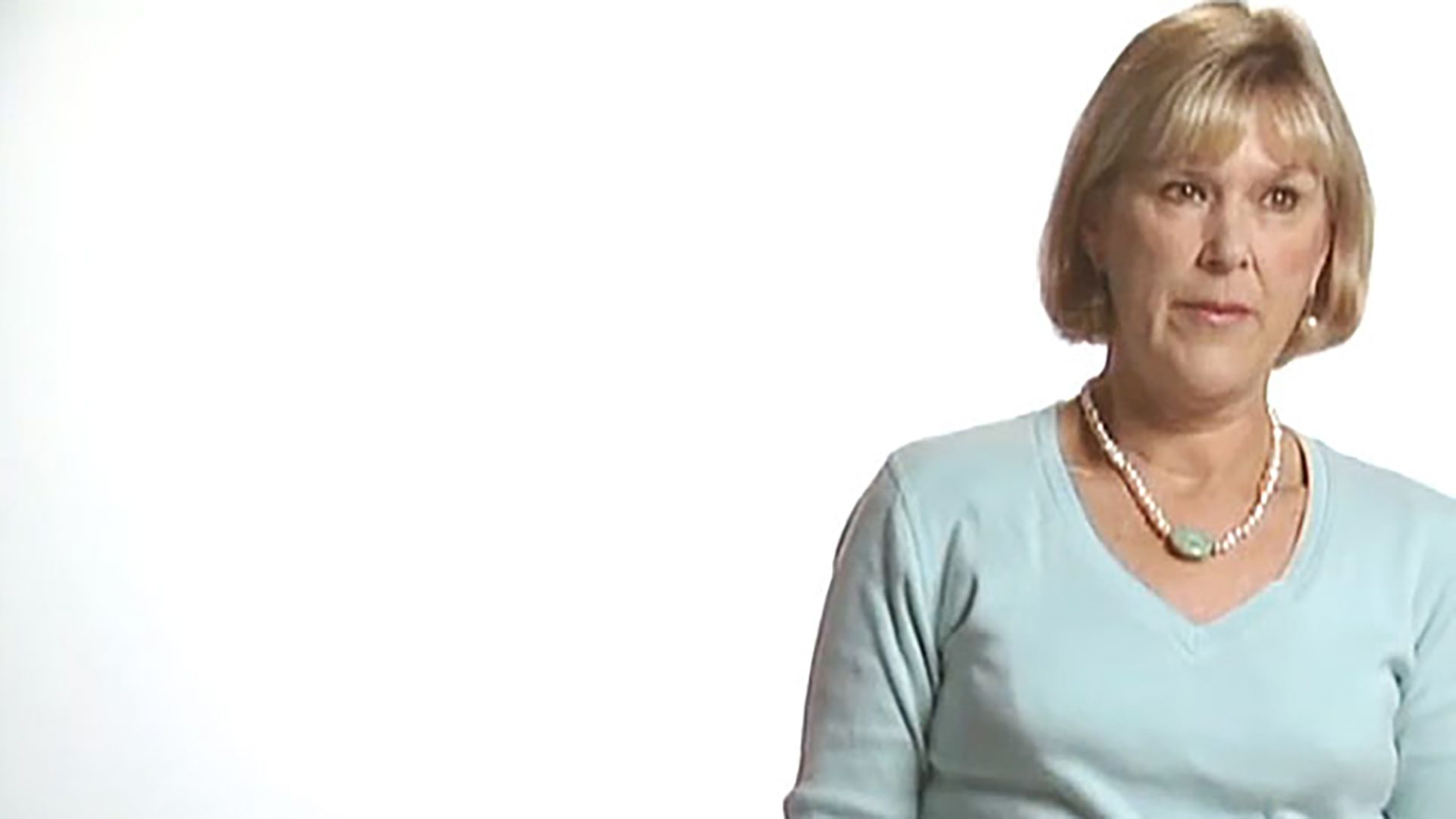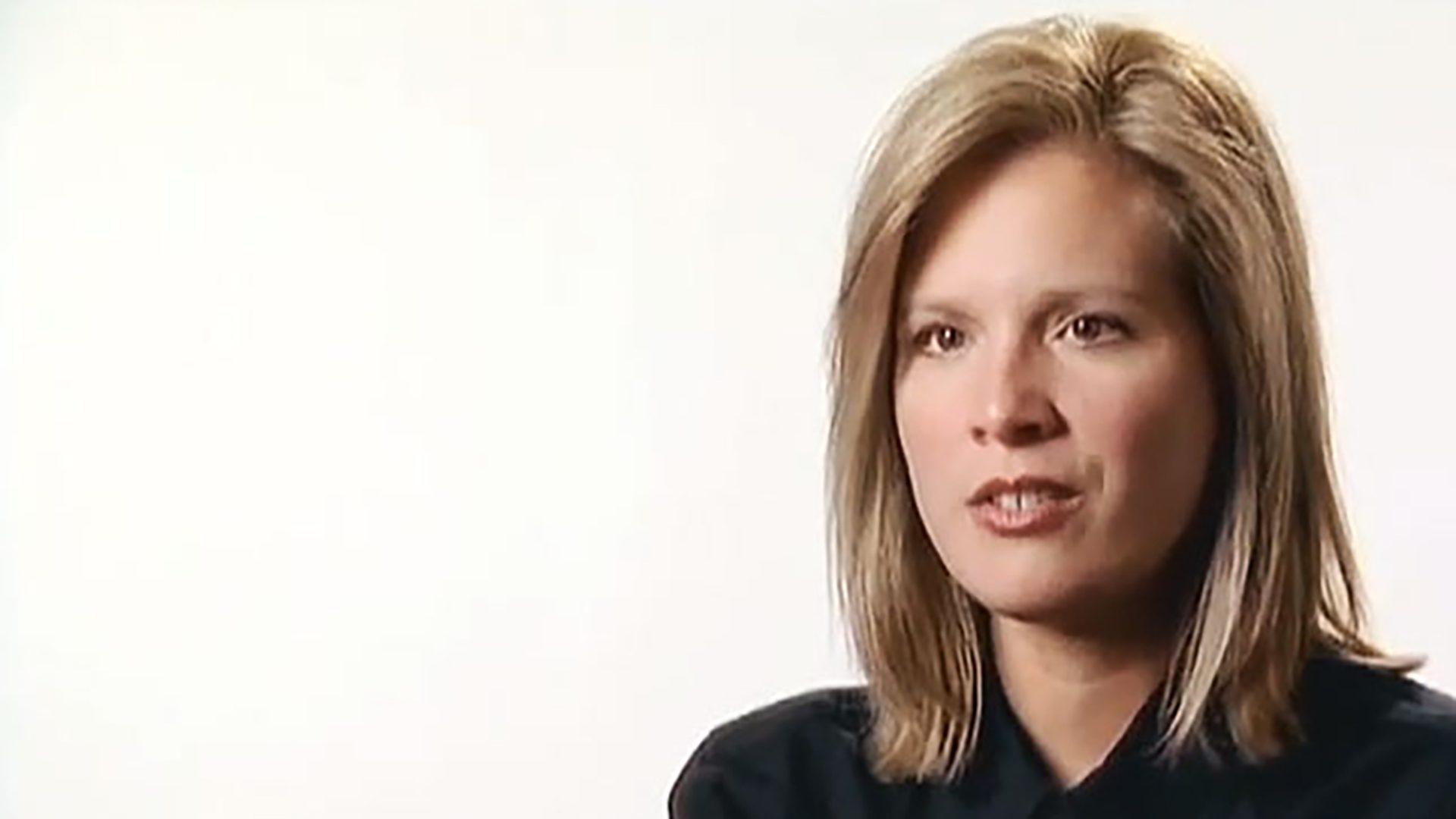Finding Hope
Hope is the belief that a positive outcome lies ahead. This belief can be difficult to hold onto in the face of cancer. Knowing how to create a sense of hope in your life can help you face cancer survivorship with strength and confidence.

People hope for different things at different times in their cancer journey. When cancer is diagnosed, you probably hoped that treatment would be successful and that the cancer would go into remission. You may have relied on hope to get you through the difficult days of diagnosis and treatment and the changes that happened in your life.
For those with cancer, there can be a new set of concerns about what life will be like after cancer. You may wonder how you will deal with post-treatment changes. Deciding what role hope will play as you manage changes and uncertainties can help you find ongoing sources of strength and positive thinking.
Finding Hope in the Cancer Journey
There is no right or wrong path to finding hope. Hope comes easy for some. Others may not be sure how to hold onto that feeling during some experiences. Talk with your loved ones and health care team if you feel hopeless, depressed, anxious or overwhelmed. Here are some strategies for you to try:
- Hope through sharing: Some find hope by talking with other people. Your health care team can help you make treatment and follow-up choices that can build confidence and hope for future. Loved ones, friends, co-workers and others can also provide support and bring hope to your situation. Sharing your story, and learning about the challenges and joys others experience in their survivorship, can be an important source of hope.
- Look to the future: Some find hope by looking forward to planned events, like a child’s graduation from high school, a wedding or another type of gathering with friends and loved ones. Some work projects or hobbies may capture your attention, give you a sense of purpose and help you look to the future when they will be completed.
- Comfort through beliefs: Many find hope through spirituality, religion or philosophy. Those who use this type of foundation for hope often believe that a higher power is helping them through the ups and downs of the cancer journey. For some, there can be a great help and comfort in learning how others have viewed challenges, talking with a faith-based leader or by attending spiritual support groups.
- Fact-based research: Some prefer to use a scientific or evidence-based method to find facts and hope. They may research information about treatment and other cancer topics. They may also seek opinions from medical personnel or spend time learning about specific cancer topics, treatment options and survivorship recommendations through health care journals or online.
Ways to Hold onto Hope
- Share your hopes with other people. Talk about hope with your loved ones and your health care team. You can also tell others what makes you feel hopeless so that they can help you with your feelings. Let others know that you are trying to stay positive and that you want to talk about things that help you feel hopeful.
- Write down your thoughts and feelings about hope in a journal. A hope journal is where you record helpful sayings, note your progress and list what you are hoping for or what gave you hope on a particular day. Write about your feelings, relationships, hopes and fears, your treatment, survivorships and your plans for the present and the future
- Express your hope with other forms of creativity, such as drawings or scrapbooking. Use the cards you have received, words of encouragement and support that have been shared by others, as well as your own inspirations. Put them into a scrapbook or collage to express your hope.
- Talk to a survivor. Ask a health care team member if they know a long-term survivor with a similar diagnosis who would speak with you. It’s sometimes helpful to meet others who have been where you are and have been able to live fully despite a cancer diagnosis.
- Find a support group. Support groups provide a safe environment to share experiences, learn new ways to handle difficult situations and talk about emotions. You will see different styles of coping with stress and adjusting to life with cancer. Ask a health care team member for suggestions. Or visit Livestrong Cancer Navigation Services at Livestrong.org or call (855) 220-7777 for information on support.
Hope vs. Denial
Holding onto hope and being in denial are not the same thing. Denial means that one is avoiding reality and refusing to admit the truth. This may result in pretending things are going well when they really are not.
While having hope may help ease overwhelming doubts and fears, hope is realistic. It is being honest with one’s self about the current situation while still looking forward to positive outcomes in the future. Those struggling with life with cancer may find that hope gives them vitality and courage during their survivorship.
Questions to Ask a Therapist
Talk to a therapist if trying to find hope causes depression, anxiety or overwhelms you in any way. Ask a health care team member for a referral to a therapist who works with other cancer survivors. Most cancer centers employ oncology social workers who are specially trained to work with cancer survivors and their families. Even if you are not a patient at a cancer center, the oncology social worker may meet with you or refer you to someone else in the community. Here are questions to ask the therapist:
- What type of educational background do you have?
- Are you licensed in this state?
- What is your experience working with people with cancer?
- What do you understand about the emotional response to this illness?
- Do you work with people who are anxious? Depressed?
- Do you know community resources for people with cancer?
- Will my insurance cover your services?
Hope Changes Over Time
Hope is flexible and changes as you go through experiences. Only you will know what works best for you. In some cases, others might try to tell you that your situation is hopeless or that what you hope for is unreasonable. That can be very difficult to hear, and it can make it more difficult for you to manage your current situation.
If you realize that something you had hoped for does not appear to be happening, it may become necessary to refocus on other types of hopes. The outcome of situations cannot always be changed. However, you can decide what part hope will play in helping you deal with that situation.
Sometimes, the changes that come with cancer can feel overwhelming and cause a great deal of uncertainty. Hope can help you move forward despite bad news and disappointments. Hope may help you find the strength and courage to face the new and ongoing challenges.
Many cancer survivors have faced difficult situations in the past. They may continue to face challenges during treatment and after treatment is done. At times, it may be hard to remain hopeful. However, there are ways to renew a sense of hope even in the most challenging of times.

